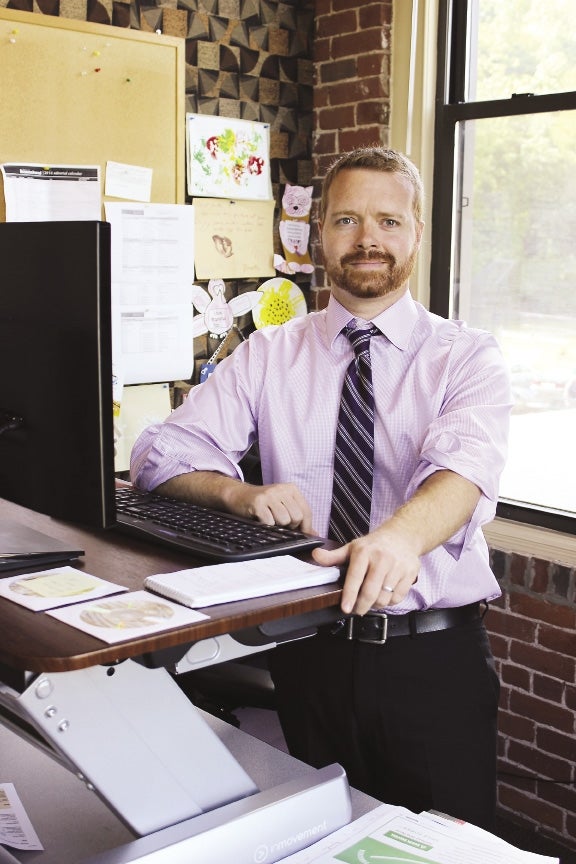When my youngest daughter, Brooke, says the word “yellow,” it is the cutest thing in the world.
Brooke hasn’t fully grasped her enunciation yet, so whenever we ask her what color her and her mother’s hair is, she will happily say, “well-whoa.” It always makes me smile and brings a tear to my eye.
Because it is also a miracle.
Brooke, like her three other siblings, has autism spectrum disorder and speaking doesn’t come naturally for her. Like her older brother and sister, for the first five years of her life, Brooke only spoke in unintelligible sounds, rotating between screams, babbles, cries and laughs. Only in the past six months did sounds become syllables and then syllables became words. Now, Brooke has about a dozen words.
Her speech is the result of countless hours of hard work from Brooke, her teachers, her paraprofessional educators, her doctors, their nurses, her at-school speech and occupational therapists, her at-home speech and occupational therapists, advanced behavioral analysis therapists, all their supervisors and, of course, my wife and her mother, Sarah.
Of all these people who helped Brooke over the years – roughly 50 people – about 95 percent are women. That same percentage applies to the people who helped my older children learn to speak and to the ones helping my youngest son.
Whenever discussions begin about professional equality between the genders, the talk usually starts with broad strokes such as women making 80 cents for every $1 a man makes or the small percentage of women on corporate boards (19 percent) or in CEO positions (5 percent). While these situations need to be fixed, the remedies often miss the point. For example, the Massachusetts Pay Equity Law passed this year makes it unlawful for women and men of equal experience holding similar positions to be paid different wages, but I sincerely doubt there are a significant number of situations like this in the regional business community; the law is more symbolic than an agent for change. Instead, the focus needs to be on the value women bring to the community.
I have been a journalist for 13 years and like to think I have accomplished a noteworthy thing or two, but nothing I have ever done comes remotely close to helping a speechless young girl learn to talk. Brooke very well could have gone her whole life without ever verbally communicating with anyone, further hindering her in a life filled with challenges. Yet, thanks to the unrelenting efforts of dozens of women, Brooke has a voice. You can’t put a price on that, but – as a society – we have, and it is far too low.
Based on my interactions with them, the women who have helped my children live very modestly. With the exception of the doctors and some teachers, most are very young and are studying for advanced degrees in order to enter higher-paying jobs. As a business editor, I am well aware of the economics of each job’s salary – people are paid based on the revenue their services bring in – but these professions dominated by women (social workers, teachers, healthcare) are valued with a lower compensation than those dominated by men (lawyers, engineers, plumbers). That’s where the pay equity conversation starts: We should pay less for legal briefs and construction projects and more for health care and education.
This, of course, calls for a radical change in the way our society values all of our professions. It’s as never as easy as pushing the reset button and realigning everything. Instead, it is about taking small steps toward this greater purpose.
Little victories get you to your end goal, just like saying, “well-whoa” leads to a brighter future.
– Brad Kane, editor

